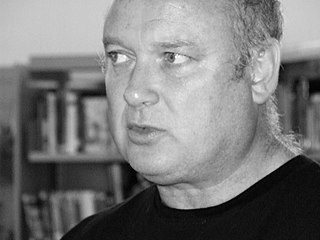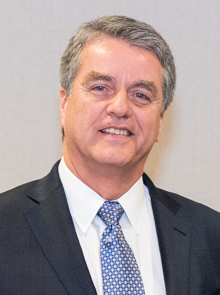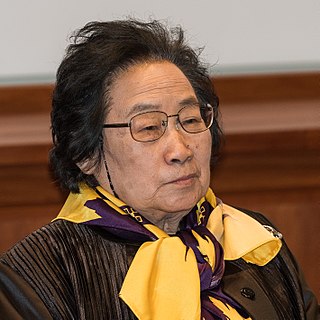A Quote by Louis de Bernieres
Love is a kind of dementia with very precise and oft-repeated clinical symptoms.
Related Quotes
Love is a kind of dementia with very precise and oft-repeated clinical symptoms. You blush in each other's presence, you both hover in places where you expect the other to pass, you are both a little tongue-tied, you both laugh inexplicably and too long, you become quite nauseatingly girlish, and he becomes quite ridiculously gallant. You have also grown a little stupid.
The symptoms or the sufferings generally considered to be inevitable and incident to the disease are very often not symptoms of the disease at all, but of something quite different-of the want of fresh air, or of light, or of warmth, or of quiet, or of cleanliness, or of punctuality and care in the administration of diet, of each or of all of these.





































